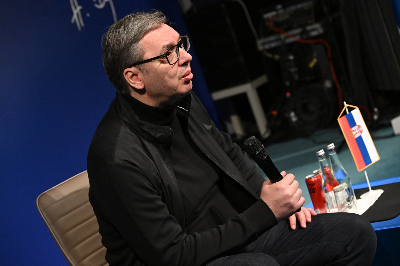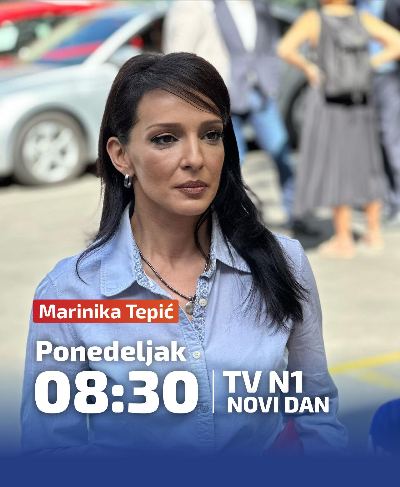
©
Президент Сербії Александар Вучич заявив, що не допустить повторення подій, подібних до українського Майдану, в Сербії. Він наголосив, що країна не стане ареною для заворушень, інспірованих зовнішніми силами або внутрішніми опонентами, та підкреслив свою готовність до позачергових виборів, якщо суспільство цього вимагатиме. За його словами, акції протесту, що охопили Белград та інші міста, є спробою дестабілізації держави, а не проявом демократичного волевиявлення. Опозиційні партії, зокрема рух "Сербія проти насильства" та альянс "Об’єднана опозиція", відкинули звинувачення президента та заявили, що демонстрації є реакцією на фальсифікації під час грудневих виборів, корупцію в уряді та придушення свободи слова. Лідер опозиції Мариника Тепич заявила, що Вучич намагається дискредитувати народний протест, використовуючи риторику про "іноземний вплив". Водночас аналітики вказують на зростаючу незадоволеність владою серед різних верств населення, включаючи студентів, правозахисників та представників бізнесу. Політична ситуація в Сербії залишається напруженою: опозиція закликає до нових протестів і вимагає міжнародного розслідування виборчих порушень, тоді як уряд посилює заходи безпеки. Європейський Союз та США закликали Белград до діалогу з протестувальниками, наголошуючи на важливості дотримання демократичних норм. Тим часом рейтинги Вучича демонструють певне зниження, хоча він все ще зберігає значну підтримку серед своїх прихильників, особливо в сільських районах.
Vucic Declares He Will Not Allow a "Maidan" in Serbia
Serbian President Aleksandar Vučić stated that he would not allow events similar to Ukraine’s Maidan to take place in Serbia. He emphasized that the country would not become a battleground for unrest allegedly fueled by external forces or internal opponents. Vučić also reaffirmed his readiness for snap elections if the public demands them. According to him, the protests that have swept through Belgrade and other cities are an attempt to destabilize the state rather than a legitimate expression of democratic will. Opposition parties, particularly the "Serbia Against Violence" movement and the "United Opposition" alliance, dismissed the president’s accusations, arguing that the demonstrations were a response to election fraud in December, government corruption, and the suppression of free speech. Opposition leader Marinika Tepić claimed that Vučić was trying to discredit the people's protests by using rhetoric about "foreign influence." Analysts point to growing dissatisfaction with the government across various social groups, including students, human rights activists, and business representatives. The political situation in Serbia remains tense, with the opposition calling for further protests and demanding an international investigation into electoral violations, while the government tightens security measures. The European Union and the United States have urged Belgrade to engage in dialogue with the protesters, stressing the importance of adhering to democratic norms. Meanwhile, Vučić’s approval ratings have shown some decline, though he still maintains significant support, particularly in rural areas.

©
1482